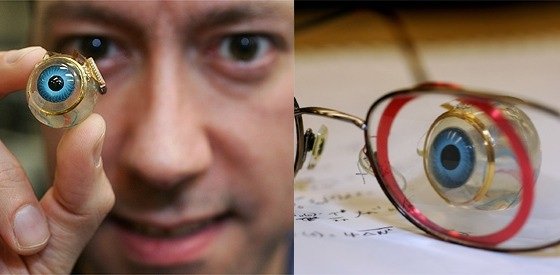Bioengineering is emerging as the field with the greatest potential for development in the coming years, with more and more research groups

The future of the profession goes through bioengineering, the branch "with more development, growth and potential" of engineering today. This was made clear yesterday by Luis Gracia Villa, Professor of Mechanics of Continuous Media and Structure Theory of the University of Zaragoza, who spoke at the Polytechnic on the future challenges of a field that "is already in the present and in full boil" .
From "the electronic part, which corresponds to the design of medical devices, devices for diagnosis or treatment of the image to the mechanical part, the design of prostheses," Gracia enumerated before pointing out other fields under investigation lately: treatment of the signal for the improvement of electrocardiograms and encephalograms, distance medicine through mobile devices or the development of specific biocompatible materials for use in prostheses and in tissue reconstructions. Hence the importance of having professionals in a work area in which "touch all branches of engineering, manufacturing techniques, such as printing in three dimensions so in fashion," says the professor.
At present, prosthetic reconstructions are being carried out "much more reliable and durable", so that a knee or hip prosthesis that 20 years ago was replaced by mechanical wear, "to this day lasts at least 25 years, Resulting in cost minimization and a better guarantee of long-term quality of life. " Similarly in abdominal hernias, which a few years ago required major surgery with at least two weeks of admission and that "now, with the new artificial implantable meshes that are reabsorbed by the body allow discharge in 48 hours.

That in the present. And in the future? "Bionics, intelligent and mechanized prostheses, which will allow the reconstruction of limbs with perfect mobility, and in brain prostheses, biosensors that will create a bionic eye, which will be a camera that can be implanted into the optic nerve and Will allow you to see, "said Luis Gracia.
Not forgetting that research is also underway on the development of exoskeletons for quadriplegic people, which thanks to complex motorization and computer control systems will allow users to be able to move independently. "It is a field with unlimited growth, and we must only think of other parallel branches such as biotechnology and cell cultures that already allow us to work on the creation of pseudo-artificial organs.
All a display of possibilities that "this is the area of engineering that has more projection at the level of research, publications, projects ... we have experienced a real explosion in the last ten years," said the rapporteur . That is why "it would be interesting to implement bioengineering at the grade level", since "today there are only masters that allow access to engineers, physicists and doctors." And among all, they build the future.